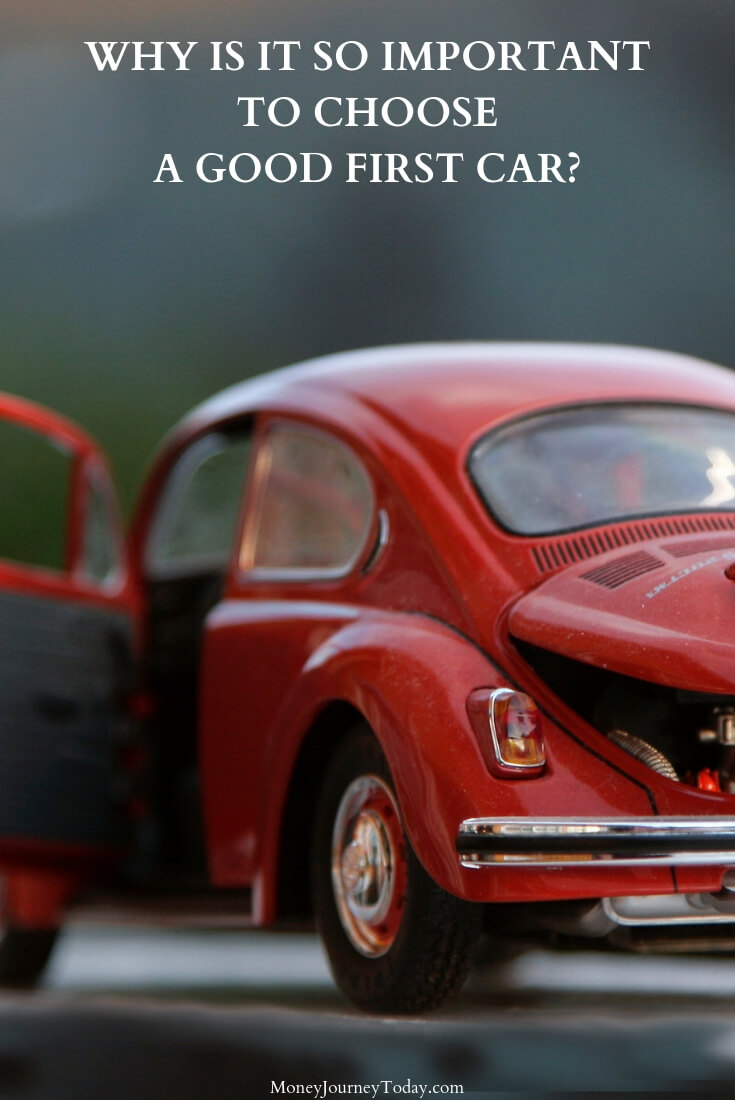Buying your first car and tentatively taking your first steps into the world of car ownership can be daunting, to say the least. Not only is this the car you’ll be truly learning in (you might have passed your test, but trust us; if it’s your first car, you’re still learning) but it’s the car that will shape the views on driving that could last a lifetime. Simply put, if you buy a bad first car, you’re probably going to end up with a bad impression of driving in general.
With so many options to consider, we’ve broken down the most pressing common questions you might be asking yourself in order to help you compartmentalize and make the most informed and reasonable decision.

What do I Need?
Consider your needs carefully when choosing your car, beginning with the fundamentals. Ask yourself the following:
- How large does my car really need to be and how many seats do I need? Note that the smaller the car, the better the fuel economy and the more practical the driving experience will be.
- Do I need 5 door car when a 3 door car would be that much more affordable?
- Is fuel economy or power more important?
- What kind of driving will I be doing? Four-wheel drive can be beneficial if you’re planning to drive extensively in the countryside, but they are more expensive to purchase and to maintain.
- How much space do I have? If your drive or garage is too small, for example, it might reflect the size and style of car you choose.
- What car safety features do I need? This is something you’ll particularly want to focus on if you have small children.
- What other more specific features are must-haves for you?
How Much Can I Afford to Spend?
Whilst it’s often a popular choice to lease a car so you can drive away with something more elaborate for less initial outlay, you will end up paying much more in the long-term. Also, your first car doesn’t need to be an all bells and whistles, brand new powerhouse. Stay humble and start small with a reliable used car that is fuel efficient and safe. An even better option would be to pay upfront (if you can afford it) or pay via finance.
Manual or Automatic?
If you learned to drive in an automatic then this decision has been made for you. However, the vast majority of cars (particularly older, used cars) are manual drive and manual drive cars are almost always more affordable, so we’d always recommend learning in a manual car if possible.
Diesel or Petrol?
A diesel engine is generally more efficient, using around 15% less fuel on average. They also have better resale value and lower emissions, which means a lower tax band. They also offer greater overtaking power. However, diesel is more expensive than petrol and diesel cars also tend to be slightly more expensive. They are also generally noisier than petrol cars.
Ultimately the pros and cons tend to balance each other out, so it’s really a matter of preference. Don’t let the diesel or petrol question factor into your buying decision. Indeed, don’t let any of the factors above sway you if you’ve found a car you really love. Driving is a passion for many, after all so don’t be afraid to choose with your heart, as long and you don’t completely neglect your head!
[…] no, buying a car or a vacation package don’t qualify as […]
[…] there are many factors that play into choosing a good first car, the primary concern for a young driver is often money. So explore your finances first. Then, with […]